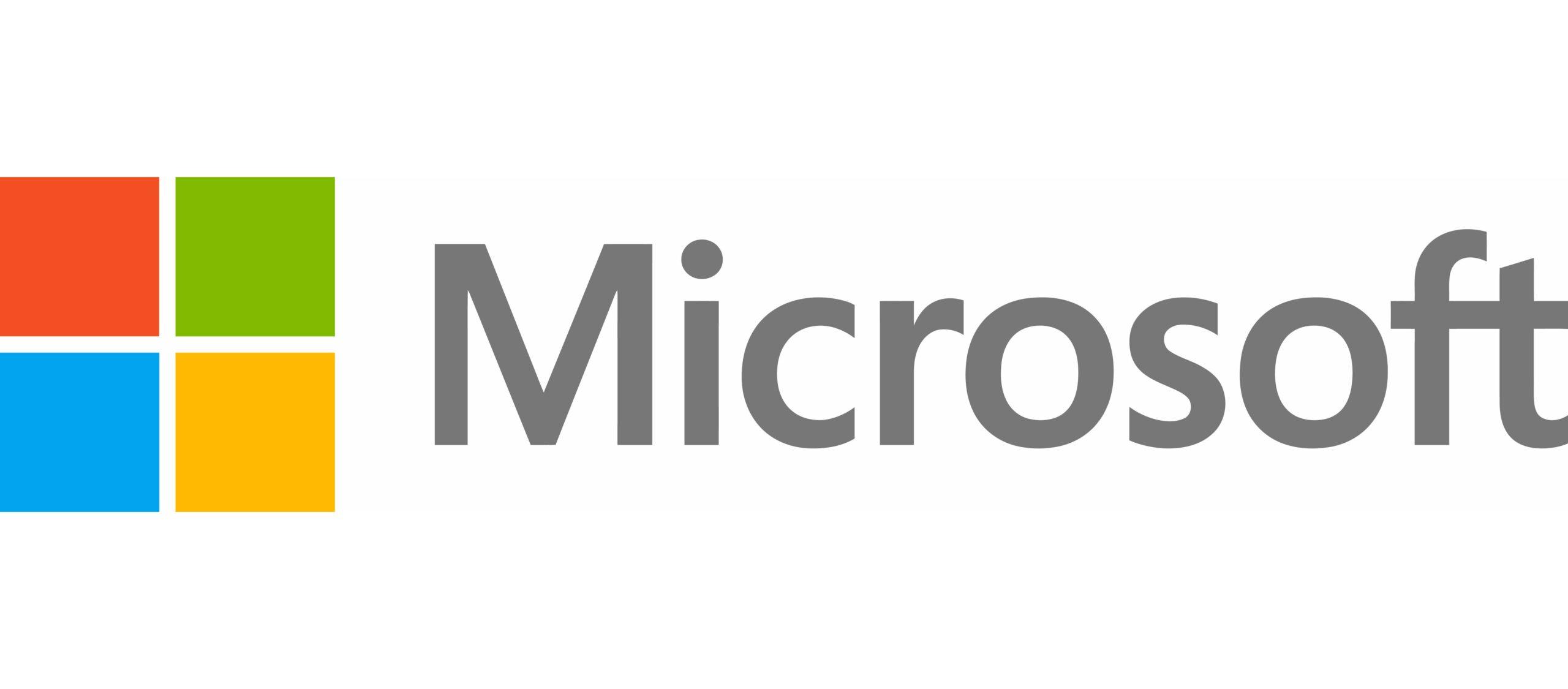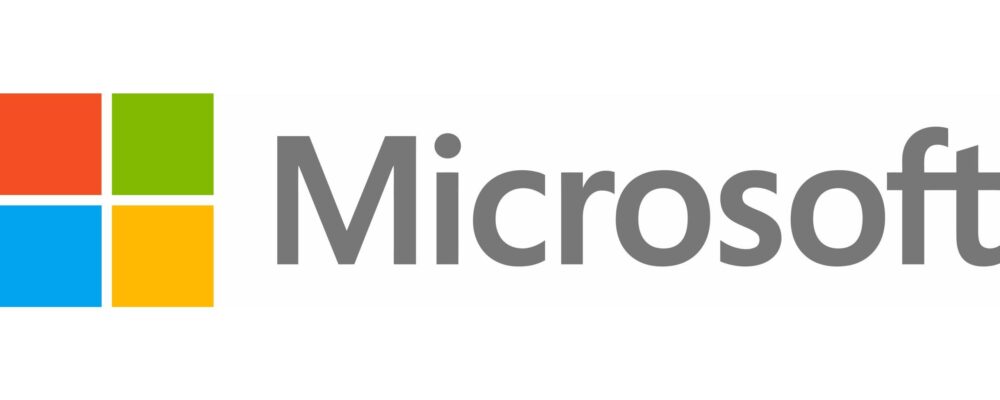Today we are announcing significant changes to Azure AI Search in support for customers building production ready generative AI applications. Azure AI Search has drastically increased storage capacity and vector index size at no additional cost, so customers can run retrieval augmented generation (RAG) at any scale, without having to compromise cost or performance.
In this post, we will walk through how customers:
- Can achieve more scalability at a lower cost with today’s changes.
- Trust Azure AI Search to handle their large RAG workloads.
- Apply advanced search strategies to navigate complex data to innovate in ways previously unimaginable.

Azure AI Search
Deliver accurate, hyper-personalized responses in your generative AI applications
Announcing more scalability and performance at a lower cost with Azure AI Search
Azure AI Search has significantly raised vector and storage capacity, offering customers greater scalability, high performance, and more data per dollar.
The amount of capacity and compute available has increased for Azure AI Search’s Basic and Standard tiers, in select regions.
Here’s what this means.
Users will now see up to a:
- 11x increase in vector index size.
- 6x increase in total storage.
- 2x improvement in indexing and query throughput.
With these changes, customers can deliver high quality experiences for every user and interaction, at any scale. Customers can scale their generative AI applications to a multi-billion vector index in a single search instance, without compromising speed and performance.
Supporting large RAG-based applications with a trusted enterprise retrieval system
Over half of Fortune 500 companies trust Azure AI Search to manage their mission critical enterprise search and generative AI applications. OpenAI, Otto Group, KPMG, and PETRONAS use Azure AI Search to support retrieval augmented generation (RAG) workloads.
When OpenAI announced their RAG-powered “GPTs” and the Assistant API at OpenAI DevDay 2023, OpenAI needed to ensure their retrieval system was capable of handling unprecedented demand and scale. OpenAI turned to Azure AI Search for its capacity to support their large, internet-scale RAG workloads.
Azure AI Search now supports RAG capabilities for ChatGPT, GPTs, and the Assistant API, and provides search functionality to products like the GPT Store. Any time someone searches in or adds a file to one of these products, Azure AI Search is the retrieval system that makes it happen.
ChatGPT alone, as of November 2023, receives 100 million weekly visitors, with over 2 million developers building with its API. Within two months of announcing custom GPTs, 3 million GPTs were created. These are massive numbers, with users spanning across the globe. Truly RAG at scale.
Building better applications with a modern, advanced retrieval system
Teams in professional services, healthcare, and telecommunications have recognized that in order to build a generative AI application that performs as its designed, using only one search practice like vector search, simply doesn’t work.
Different retrieval techniques perform better for different use cases. High quality retrieval systems combine multiple techniques to cover the variety of scenarios that any given application tends to see.
Azure AI Search can enable applications to apply a variety of approaches right out of the box, including hybrid retrieval and semantic reranking, enabling developers to achieve objectives faster and more effectively.
Telus Health uses advanced RAG to deliver a customer care application
Telus Health, headquartered in Canada, is at the forefront of providing technology-driven solutions and services to employers, individuals, healthcare practitioners, and insurers. The organization introduced a customer support platform, designed to answer user inquiries about specific health plans, and offer guidance for navigating their website. The initial implementation, which relied solely on vector search, fell short in addressing all requirements within a unified system. Because of this, Telus Health turned to Azure AI Search, known for its innovative, comprehensive set of search technologies.
The Guide Team at Telus Health was instrumental in designing their search strategy and leveraging AI Search effectively to enhance the platform. By expanding their retrieval strategy, and implementing hybrid search with semantic reranking, Telus Health enabled the system to efficiently handle both questions around client specific documents and using the organization’s website. This strategic enhancement, supported by Azure AI Search, has significantly improved the platform’s accuracy and responsiveness, and showcases Telus Health’s commitment to delivering exceptional customer support.
NIQ Brandbank empowers brands to optimize their online presence with multi-vector retrieval
NIQ Brandbank supports Fast-Moving Consumer Goods (FMCG) brands with solutions to deliver rich, relevant content and imagery for their digital shelf, in order to outshine their competitors.
NIQ Brandbank’s solution Content Health+ empowers brands to optimize their online presence with data-driven, actionable guidance and information to show how their product content stacks up against market rivals.
With their simple, user-friendly format, the application helps brands improve product placement across retailer search results, boost sales and elevate their online presence.
Content Health+ pulls from research completed by a NIQ Data Impact team, to identify what product attributes influence organic placement on the digital shelf. On the backend, the application searches this research stored in both images and text, using multi-vector search, and surfaces the most relevant results with search reranking. This functionality provides quality recommendations for what content attributes a brand should focus on to improve their performance and bottom line.
For this application to perform as designed, Content Health+ was built using hybrid multi-vector search and semantic ranking. For ecommerce and recommendation applications, more ideas and opportunities are realized by combining various retrieval methods.
“Azure AI Search allows us to use hybrid multi-vector search, using text and image embeddings with semantic ranking to promote the most semantically relevant products to the top. From production ready automatic data ingestion from Azure data sources to integration with Azure Machine Learning, Azure AI Search is exactly what we needed to make the Content Health+ application a reality.”
—Gabriel Harris PhD, Principal Data Scientist
Learn more about Azure AI Search
With these announcements today, we are making it easier for the AI systems to retrieve information at scale. Customers can innovate with confidence with state-of-the-art retrieval technology in Azure AI Search and an enterprise-ready foundation.
For more on RAG and Azure AI Search:
Microsoft is a technology company, a small local company, with few employees, no offices, and almost making no profit… >>
Please visit the firm link to site



